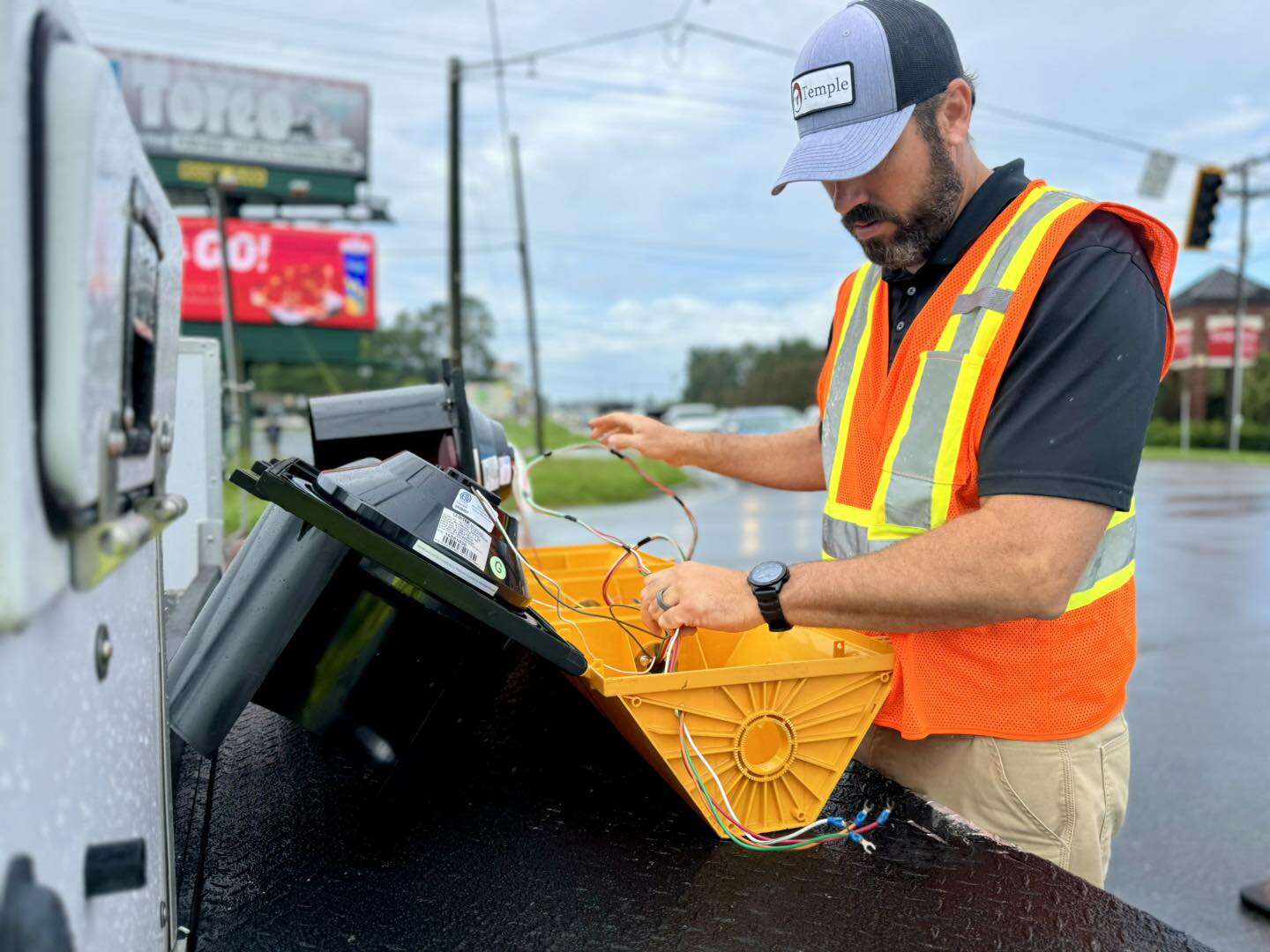EDITORIAL: Lawmakers need to pony up treatment dollars
Published 9:00 am Wednesday, January 31, 2018
We are glad state lawmakers are talking about addiction.
Talking is not enough.
They need to do something.
And that means allocating resources, dollars, especially for local treatment programs.
People are dying.
Across the nation and throughout the state of Georgia, tragic stories of opioid overdose and death reinforce just how dangerous the drugs are. Drug companies and the medical community must shoulder much of the responsibility for the addicting of America.
There is no denying that prescription pain pill abuse is a state and national epidemic.
The medical community’s pain killer of choice for the past several years has been opioids that are being prescribed at an alarming rate, despite the highly addictive qualities of the drugs. Opiates are the single most effective means of blocking pain receptors. But they are also extremely addictive and extremely dangerous.
For some people, an opioid addiction is almost impossible to kick.
The addicts are as much victims as they are abusers.
A state Senate proposal on the table at the capitol would target fraud in the addiction-treatment world, penalize costly and unnecessary drug tests and set up a new state commission on substance abuse, but the measure provides no immediate boost to addiction treatment in Georgia.
With no new money for treatment services in next year’s proposed state budget, it appears lawmakers are kicking the can down the road rather than taking a proactive approach.
Much of what Lt. Gov. Casey Cagle said to defend a less than aggressive approach to battle the epidemic sounds like government doublespeak.
Cagle said this week, “These are very complex issues, and it’s going to take buy-in from all stakeholders … You have to be very methodical and diligent in this effort and (have) a very thoughtful process that gives us the outcomes in which we’re looking for.”
While we agree with him that state government must be strategic and develop a comprehensive approach, we also think more immediate action in the form of funding for local treatment centers, is necessary.
The state should be in crisis mode on this issue.
To his credit, Cagle suggested funding solutions, such as a potential Medicaid waiver for addiction treatment.
He did say, “And to solve this issue, we need to have far more community resource centers than we do right now.”
He is right about that and the only way to open those centers is to fund them and those earmarks should be included in this year’s budget.
While lawmakers wait on a waiver that could bring federal dollars to Georgia for adult drug treatment, people will be dying.
The commission would also look at creating block grants for community projects where locals are willing to contribute.
Gwinnett County Drug Court Judge Kathryn Schrader got it right when she said, “We can have all the policies and procedures that we want, but until we provide quality, affordable treatment, we are going to fail in our war against this epidemic.”





